Though they are sometimes misused, labels are important and helpful. In recent years the label “Reformed Baptist” has become more and more common. However, not everyone means the same thing when they use this term, and this has led to some confusion. This book by Tom Hicks helps to solve this problem. He carefully describes a Reformed Baptist theology that is rooted in the Second London Baptist Confession of Faith. Hicks has done a service to the Reformed Baptist movement, and I hope that many who are drawn to Reformed Baptist churches will read this book to the encouragement of their souls and the growth of their own convictions.
Knowing and understanding wholesome theology is essential for the Christian life. Right living must be based in right believing. Tom Hicks has produced an excellent survey of many of the key doctrines upon which a holy life may be built, faithful to the Word of God and the Baptist Confession of Faith. This is a wonderful book for church members, for those seeking church membership, for study classes and for new believers. I am grateful that we now have this important resource.
James M. Renihan, Ph.D.
President, International Reformed Baptist Seminary
The method that Tom Hicks uses in his discussion of these theological topics should serve as a model for the way we all do theology. With Scripture as the sole authority, Hicks interacts with tested and proven confessional articles from the Second London Confession. Respected and careful theologians provide another guideline for his discussions as he enlists them to give insight on pertinent points of doctrinal development. The analogy of faith is employed as he demonstrates the pervasive textual data in support of his maturing theological propositions. Always included is the element of encouragement that the particular truth provides the Christian in belief and obedience and the formative and vivifying effect that it has on the life and health of the local congregation. The nine chapters, chock-full of edifying biblical and theological development, should provide a helpful resource for pastors and a challenging and edifying guide for study groups in the local church.
Tom J. Nettles
Founding Faculty, The Institute of Public Theology
The value of this book extends beyond Reformed Baptists to benefit the entire Church. None of its eight distinctives are unique to Reformed Baptists. Tom Hicks’ lucid explanations will resonate with all who adhere to creedal orthodoxy, especially those in the Reformed tradition, such as Lutherans, Presbyterians, Congregationalists, Anglicans, and non-Reformed Baptists. However, churches genuinely subscribing to the 1689 London Baptist Confession of Faith represent the distinctives collectively. The more familiar I became with this book, the more I admired the author’s doctrinal discernment and teaching ability. Readers who will gain the most from it are church members with limited theological training and pastors belonging to other communions. May the Lord make it a means of biblical reformation, theological confirmation, and great spiritual growth to His churches everywhere.
D. Scott Meadows
Pastor, Calvary Baptist Church (Reformed) of Exeter, New Hampshire
It is my joy to recommend this book by my pastor, Dr. Tom Hicks, for the reading of every Baptist pastor, student, and church member, as well as for other non-Baptists who wish to understand Reformed Baptists. In the revival of Calvinism among Baptists since the 1970’s, there have been many misunderstandings spread about what Reformed Baptists believe and practice in our churches. I have lived and pastored in those times. Further, there have been many debates among Calvinistic Baptists about certain beliefs stated in the Second London Baptist Confession, our historic English and American Baptist confession since 1689, which have hindered Calvinistic Baptist unity and cooperation. I consider this work greatly needed today to clear up the debates and disunity among such Baptists for the reformation of Baptist churches and the strengthening of unity and progress in such churches.
Dr. Hicks has provided a biblically and historically sound presentation of Reformed Baptist theology for the ministerial students’ and working pastors’ edification and guidance in reformation. The very first chapter on “Historical Roots” shows the connection of Reformed Baptists to the early church and historic Christian orthodoxy. This removes the objection that Reformed Baptists are some new “cult” separate from the broader church catholic as some have said. His tracing of church history further shows that Reformed Baptists were theologically part of the broader Reformation and Puritan movements. The second chapter explores “Confessionalism” in church history and, particularly, among Baptists from their historical beginnings. The unfounded anti-confessional movement among Baptists today hinders reformation movements in Baptist churches. He shows that confessionalism is biblical, historical, and necessary for Baptist churches to advance and reform in truth and unity.
The final seven chapters explain and apply the major doctrines of Reformed Baptists in history, clearing up many contemporary debates among Baptists and providing a guide and application to those ministerial students and serving pastors seeking revival and reformation in their local churches. This book could be used in pastoral theology and systematic theology courses as well as by the pastor who is teaching church leaders and members our beliefs and practices in the local church as Reformed Baptists.
One final word of commendation. I have seen Pastor Hicks teach and apply these truths and practices in his church, and they faithfully guide him in loving pastoral preaching and care. The result is not a perfect church yet, but a church growing in grace, love for Christ, spiritual unity, and joyful unity in truth. May God use this book to teach and guide faithful Calvinistic pastors into a fuller understanding and practice of the Reformed and Baptist faith. To God be the glory!
Dr. Fred A. Malone
Pastor Emeritus, First Baptist of Clinton, LA
You hold in your hands a comprehensive and accessible summary of confessional Reformed Baptist theology. By tracing the roots of this movement from the early church to the Reformation and post-Reformation, Tom Hicks shows the significant continuity between the confessional Reformed Baptist movement and the Puritan and Presbyterian traditions—particularly in the areas of soteriology (the doctrines of grace), hermeneutics, covenant theology, the law of God, and the regulative principle of worship. While I respectfully disagree with those areas of doctrine that distinguish Reformed Baptists and Presbyterians (especially the covenantal baptism of infants of believing parents), I appreciate the irenic spirit that permeates this work. As much of this book is a treatment of Reformed theology, much of it reads like an able defense of the broader Reformed tradition of which I am part. I highly recommend this volume for my Reformed Baptist brothers and sisters and for Presbyterians and other Paedobaptists seeking to better understand 1689 confessionalism.”
Joel R. Beeke
Chancellor and Professor of Homiletics & Systematic Theology
Puritan Reformed Theological Seminary
As Tom Hicks himself says in his introduction, this volume was originally intended as a small book that became a substantially larger book. Such smaller descriptions of Reformed Baptist churches have been written. Dr. Hicks has given us a larger book that is well worthy of consideration. He accomplishes his purpose well. I found many things in it that I appreciate greatly. Here is one particularly good nugget with which I strongly agree: “Reformed Baptists, therefore, are not a species of the genus “Baptist.” Rather, they are a species of the genus “Reformed.” Reformed Baptists are not a branch of a Baptist tree; rather, they are a branch of the Reformed tree. This is evident in that Reformed Baptists have much in common with other Confessional Reformed churches, but they tend to have many substantial differences with other Baptists. Reformed Baptist identity is catholic first, then confessionally Reformed, and finally Baptist.”
Sam Waldron
President, Covenant Baptist Theological Seminary

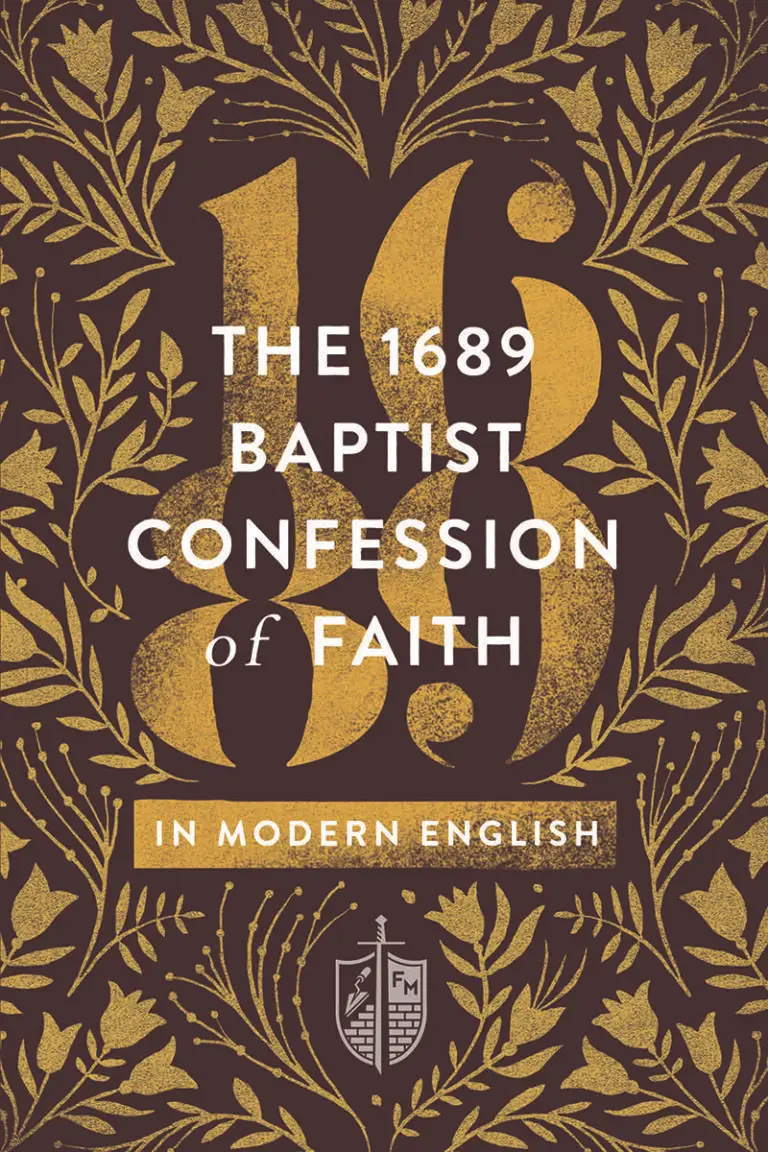








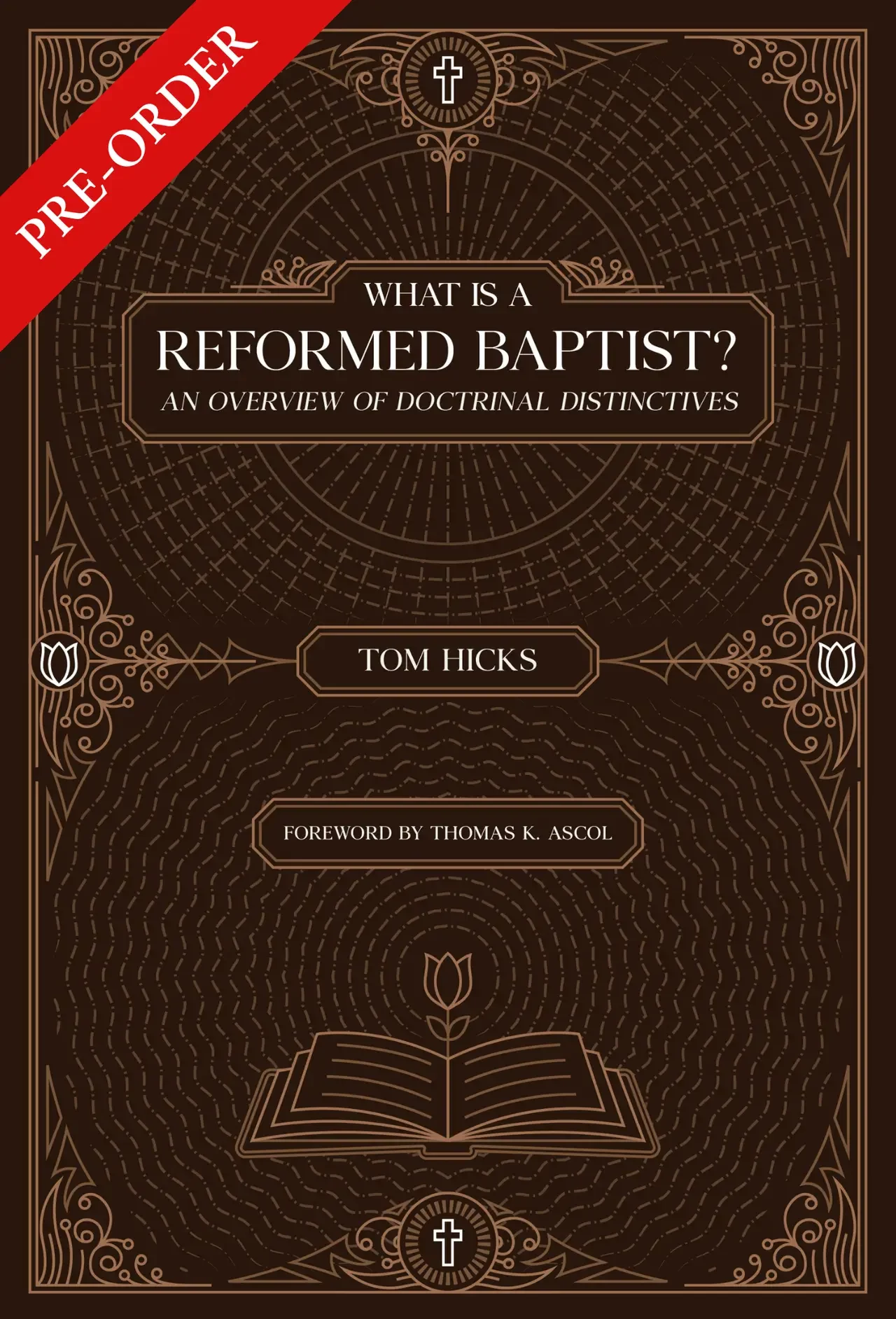

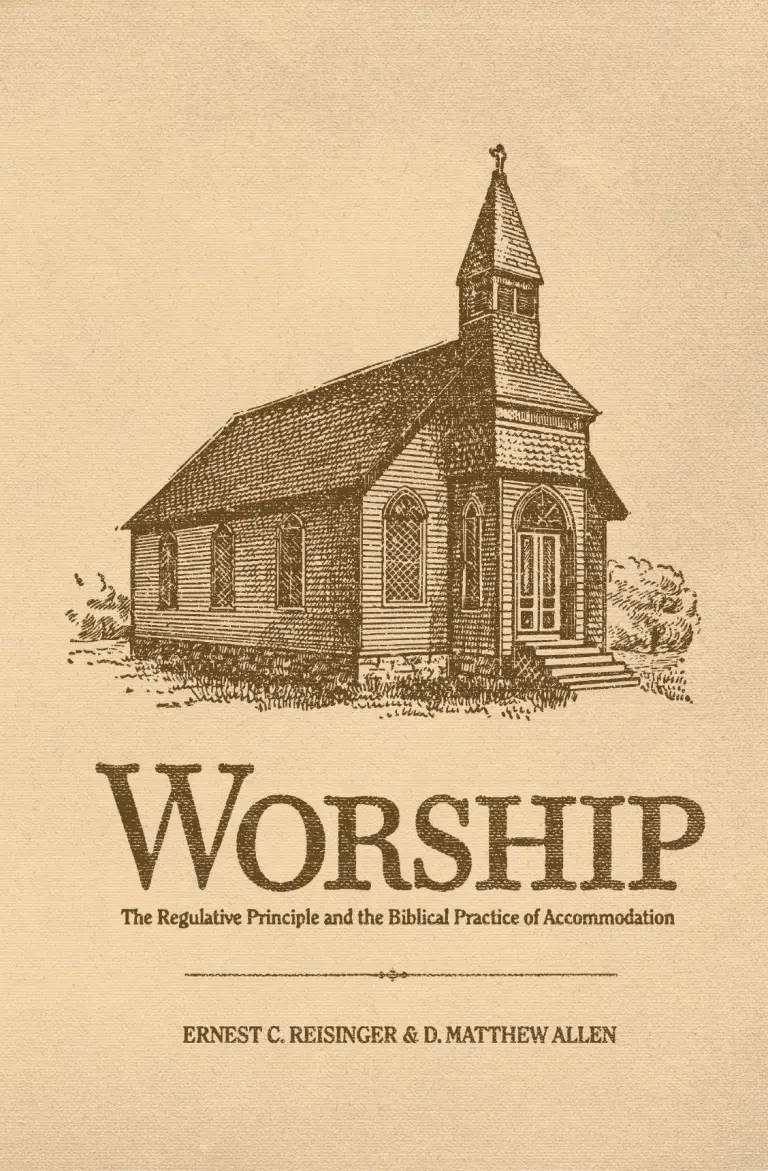
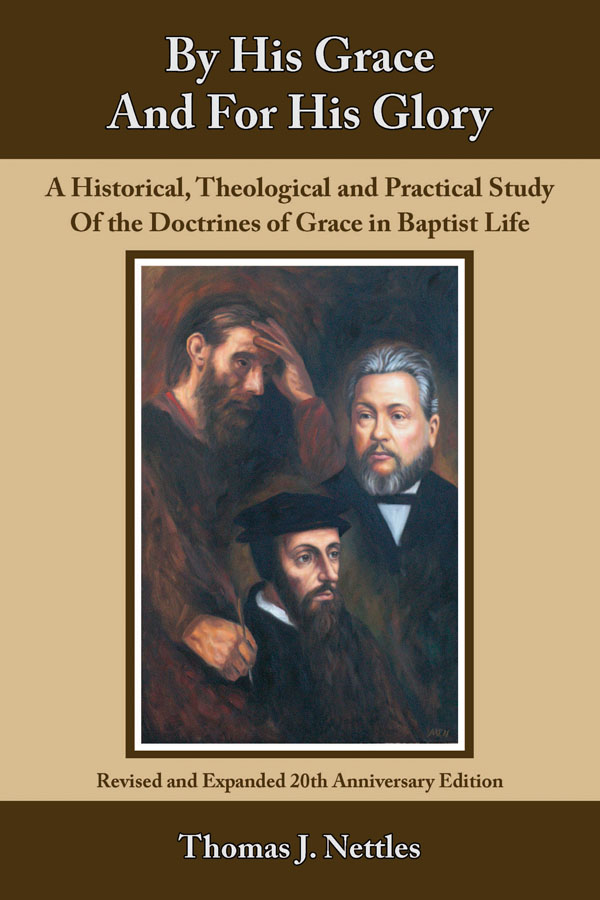
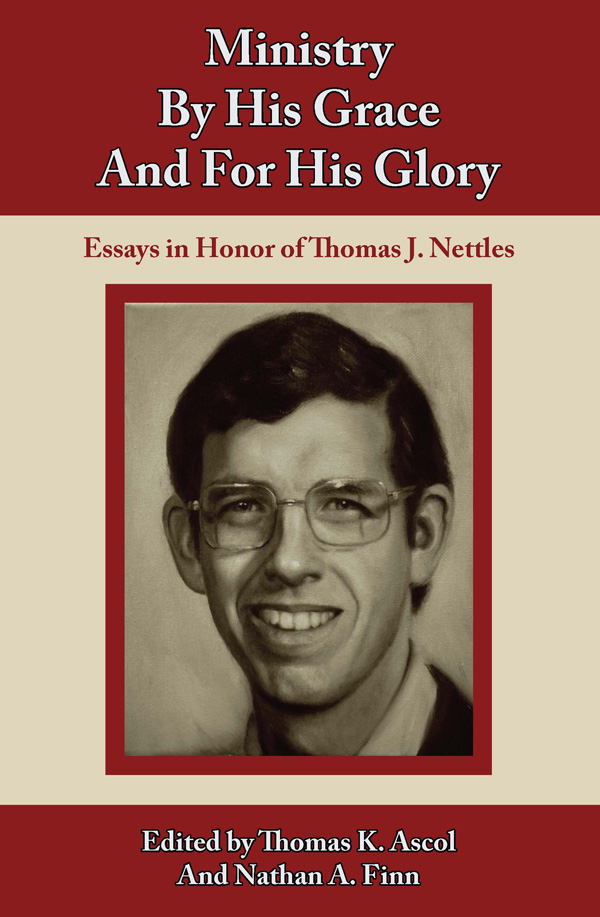
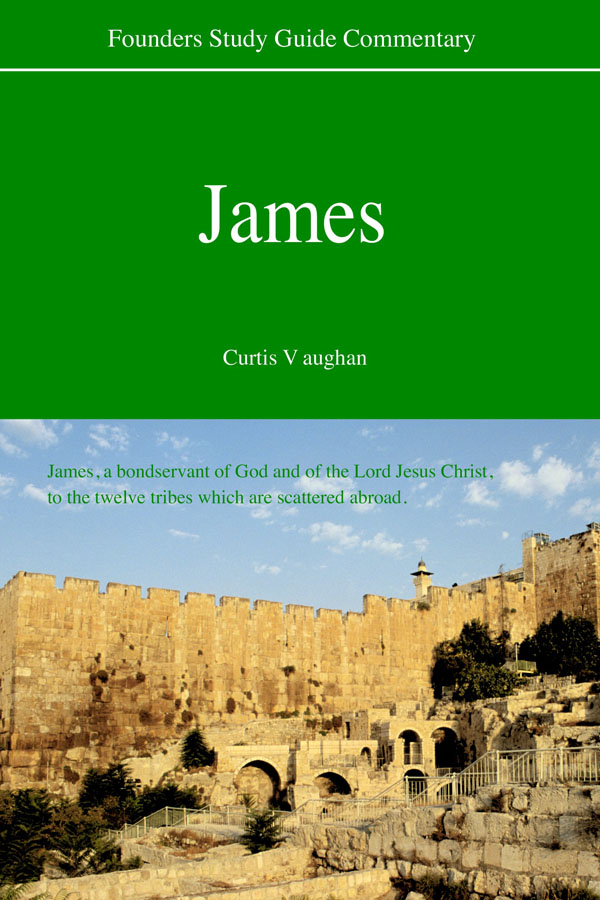


Reviews
There are no reviews yet.